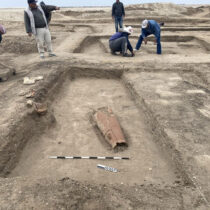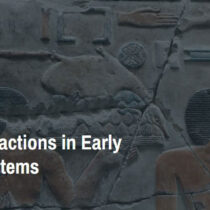The town Xantheia is mentioned by Ancient and Byzantine writers, yet they give no information as regards the inhabitants, the regime, the economic and cultural life, or its distinguished citizens. The first documented information dates from the mid-19th century, when Xanthi becomes an important commercial tobacco centre. In the 1860s the town starts to prosper, while famous schools are founded thanks to the noble initiative or to the generous contribution of Greek tobacco merchants. In the early 20th century, an active cultural life already exists, led by the society “Orphaeus” and the theatre “Apollon”. In the last twenty years of Turkish rule, (1891 – 1912), most of the trade is in Greek hands, while over 5.000 tobacco workers contribute to the high performance of the economic and cultural mechanism. Between 1904 and 1912, patriotic groups of resistance become active and are coordinated with the organization of the Macedonian Struggle. In the years 1912 – 1919, due to the first uproar of the Balkan wars and the First World War, Xanthi is successively ruled by the Turks, the Bulgarians, the Greeks, the Bulgarians once again and the Allies, while it is finally liberated in May 1920. The town sees a new phase of economic and cultural development in the years between the two World Wars, which is interrupted by Metaxas’ dictatorship, the war and the Bulgarian occupation. From September 1944 to April 1945, the Greek Liberation Front (EAM) introduces the system of self-administration in Thrace, while in the following thirty years the city goes through a heavy economic crisis and its natural aftermath, population reduction. Since 1974, year of the fall of the Greek junta, serious measures have been taken for the development and recovery of Xanthi.
Xanthi. Its rise in the last 100 years
31 Jul 2012
by Archaeology Newsroom
- A
- A
- A

